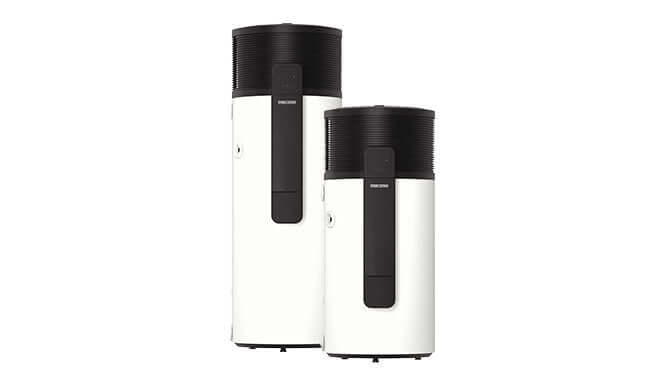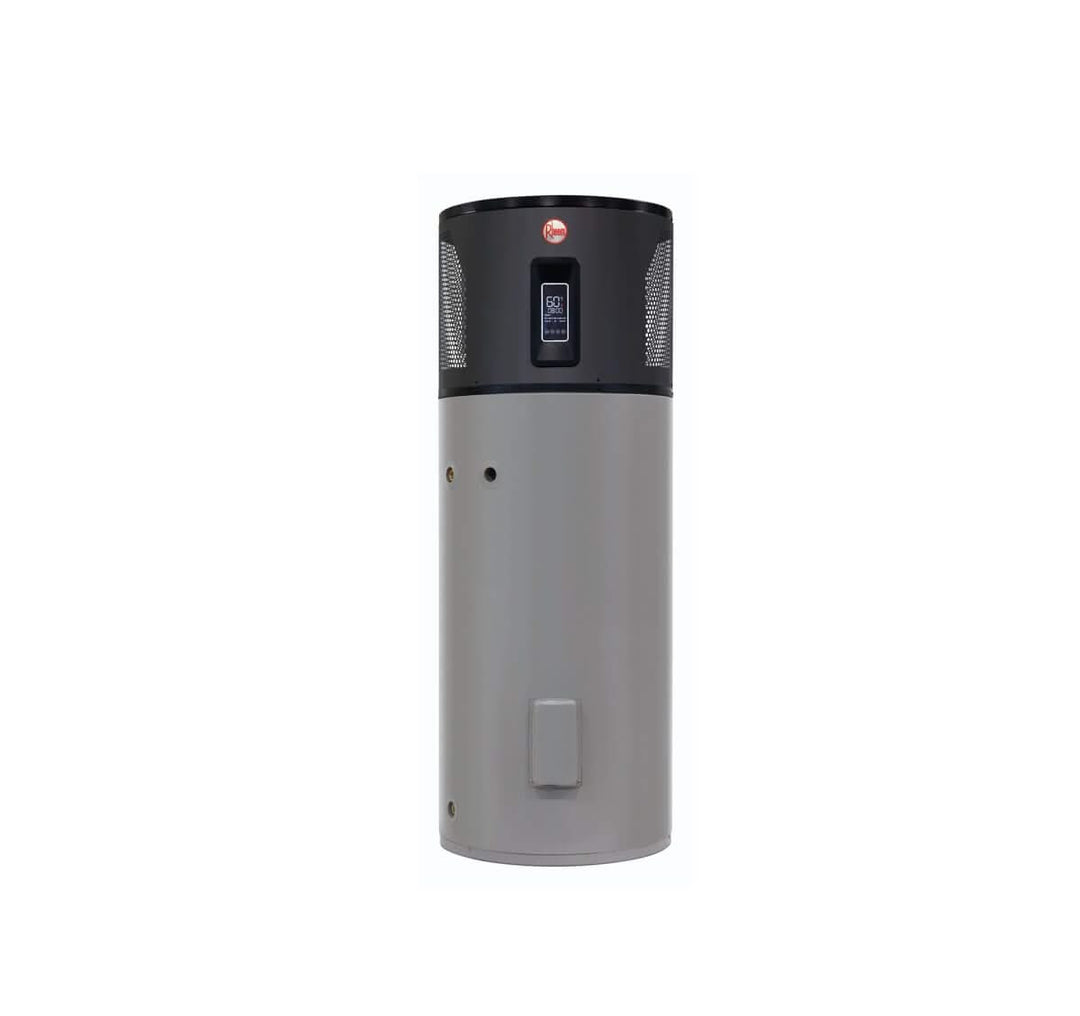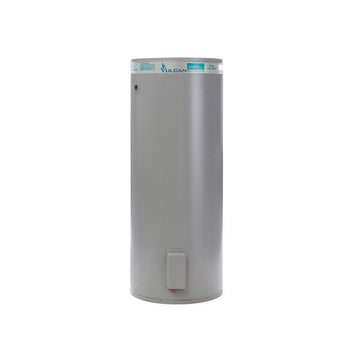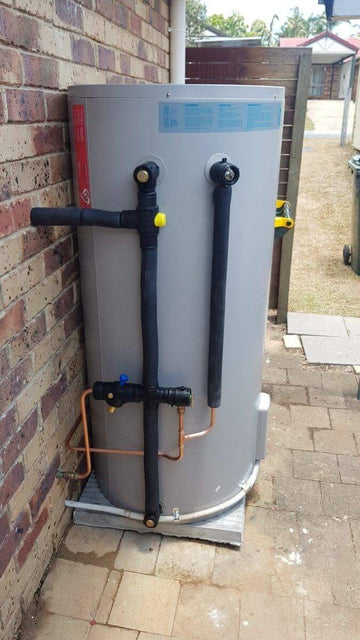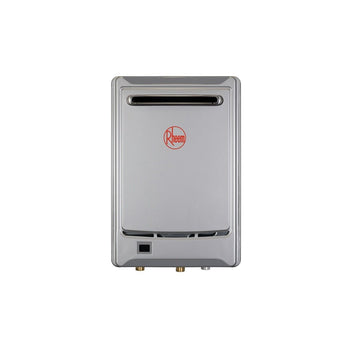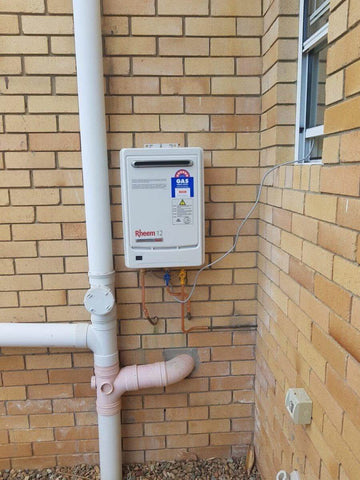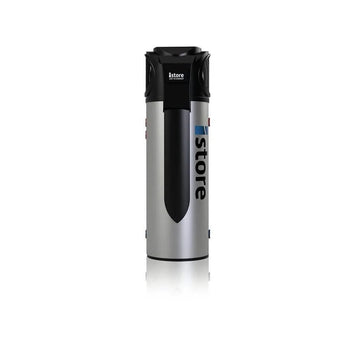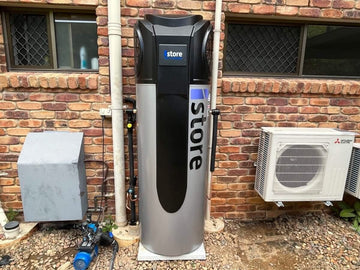How Do Hot Water Systems Work?
Hot water systems are an essential part of every household, providing a steady supply of hot water for bathing, cleaning, and cooking. But how does a hot water system work? This guide breaks down the basic operations of different systems—like electric, gas, solar, and heat pump—to help you understand how each system heats water and delivers it to your home.
Key Takeaways
✅ Hot water systems include storage and continuous flow, powered by gas, electricity, solar, or heat pump.
✅ Regular servicing improves efficiency and extends lifespan.
✅ Choosing the right system depends on your home’s size, energy use, and long-term cost goals.
Understanding Different Types of Hot Water Systems
There are two main categories:
-
Storage Systems: These heat and store water in an insulated tank, ready for use.
-
Continuous Flow Systems (Instantaneous): These heat water on demand—no storage tank needed.
These systems can run on:
How Electric Hot Water Systems Work
Electric hot water systems use an internal element to heat water in a storage tank. They're simple to install and popular in homes without gas access.
Pros:
-
Low upfront cost
-
Easy to set up
Cons:
-
Higher running costs, especially without off-peak power
Inside Gas Hot Water Systems
Gas water heaters heat water quickly using a gas burner. They’re available in both storage and continuous flow models.
Pros:
-
Rapid water heating
-
Lower ongoing energy bills than electric
Cons:
-
Requires proper ventilation
-
Needs a gas line or gas bottles
The Functionality of Solar Hot Water Systems
Solar hot water systems use roof-mounted collectors to heat water using the sun, backed up by gas or electricity on cloudy days.
Pros:
-
Lowest running costs over time
-
Eco-friendly option
Cons:
-
Higher upfront cost
-
Performance depends on sunlight exposure
Instantaneous Hot Water Systems Explained
Also called tankless or continuous flow systems, these heat water only when needed—great for busy households.
Pros:
-
Unlimited hot water
-
Saves space
-
Energy-efficient (no standby heat loss)
Cons:
-
Higher purchase and install cost
Choosing the Right Hot Water System
When selecting your system, consider:
✅ Household Size – Bigger families = higher demand
✅ Energy Source – Do you have solar panels, gas, or just electricity?
✅ Usage Patterns – Frequent showers or high appliance use may suit continuous flow
✅ Budget – Electric may be cheaper upfront, but solar or heat pumps save money long-term
Maintenance Tips for Hot Water Systems
Keep your system efficient with regular servicing:
-
Flush out sediment from tanks
-
Check the sacrificial anode for corrosion
-
Test the pressure relief valve
-
Insulate exposed pipework
If your system isn't performing, visit our troubleshooting blog for tips and quick fixes.
When to Replace Your Hot Water System
You may need a replacement if:
-
The system is over 10 years old
-
You're seeing leaks, rust, or temperature fluctuations
-
There's not enough hot water for the household
Explore upgrade options across electric, gas, or heat pump systems for better efficiency.
Comparing Gas and Electric Hot Water Systems
| Feature | Gas Systems | Electric Systems |
|---|---|---|
| Upfront Cost | Moderate | Lower |
| Running Cost | Lower | Higher |
| Installation | Needs gas line | Simple plug-in |
| Emissions | Moderate | Can pair with solar for low impact |
| Heating Speed | Fast | Slower |
Dealing with Common Hot Water Issues
💧 Leak – Often caused by corrosion or faulty pressure valves.
🔥 No hot water – Check power/gas supply or pilot light.
⚡ Temperature changes – Could be a thermostat or sediment issue.
If you're unsure, our team at JR Gas & Water can help diagnose or replace your system quickly and professionally.
Summary
Understanding how hot water systems work helps you choose the right model for your home and maintain it effectively. Whether you’re leaning toward a solar, electric, gas, or heat pump unit, we’re here to help.
🛠️ Want expert help with your hot water system?
Contact JR Gas & Water today for Brisbane and Gold Coast installs, service, or replacements.
Frequently Asked Questions
❓ What are the main types of hot water systems?
✔ Storage tanks, continuous flow, solar, and heat pumps.
❓ How long does a hot water system last?
✔ On average, 8–12 years with regular maintenance.
❓ Which system is the most energy-efficient?
✔ Solar and heat pump systems offer the lowest running costs.
❓ How often should I service my hot water system?
✔ Every 1–2 years for optimal performance and warranty compliance.
❓ What's the fastest way to get hot water?
✔ Instantaneous systems provide on-demand heating without a tank.


